Thomas Rodney, Revolutionary War soldier, was journeying to Washington, the capital of the Mississippi Territory. In July 1803, Thomas Jefferson had appointed him as territorial judge and also as a land commissioner.[1]Dwight L. Smith and Ray Swick, ed., A Journey Through the West: Thomas Rodney’s 1803 Journal from Delaware to the Mississippi Territory (Athens: Ohio University Press, 1997), 8. Rodney’s journals show that he considered himself somewhat of a gentleman’s scientist in line with the contemporary Age of Enlightenment. Although he wasn’t the caliber of Meriwether Lewis, Rodney documented many of the natural curiosities that would have also piqued Lewis’s interest traveling down the Ohio River in 1803.
Contemporary traveler Thomas Rodney arrived at the Big Bone Lick just days after Lewis had left. Rodney seems almost miffed that Lewis got the best specimens.[2]Ibid., 111–112.
After departing Big Bone Lick, Rodney examined the fossils he had collected there. He speculated that they may be not be the actual bones of animals, but nature’s recreation, and exaggeration, of decomposed animals. Lewis likely made his own speculations as he traveled between Big Bone Lick and the Falls of the Ohio that October.
Because Lewis wrote so little during the Ohio segment and Rodney wrote so much, selections from Rodney’s journal are used to describe the journey from 7 October 1803 to 11 November 1803. The pages below are the days when Lewis and Rodney were physically together.
September 7, 1803
Wheeling, (West) Virginia


Lewis and his crew reach Wheeling in present West Virginia, and he inspects the cargo that had arrived by wagon. In the evening, he meets with Thomas Rodney who is also traveling down the Ohio.
September 8, 1803
Buying another pirogue
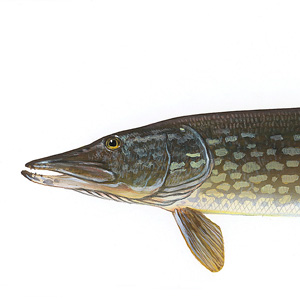

At Wheeling in present West Virginia, Lewis writes a letter to President Jefferson, purchases another pirogue, and meets a doctor who offers to come along. He dines with Thomas Rodney.
September 9, 1803
Leaving Wheeling
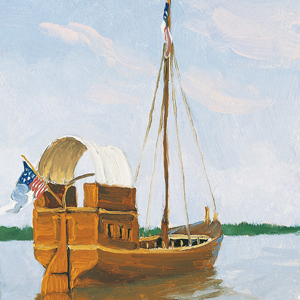

At Wheeling, potential new member Dr. Patterson fails to appear, so at 3:00 pm, Lewis heads down the Ohio without him. During the night, it rains so hard that he is unable to keep the cargo dry.
September 12, 1803
Cutting a channel
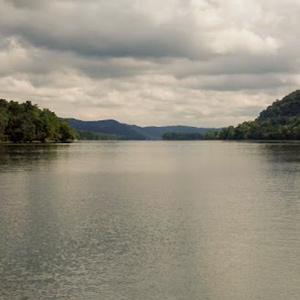

To pass through a shallow spot in the Long Reach of the Ohio, the crew must cut a channel through the gravel. They anchor about nine miles upstream from Marietta, Ohio.
October 17, 1803
Wine with Col. Rodney
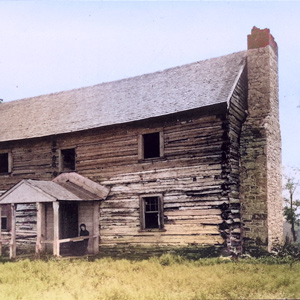

Clark and Lewis share wine with Thomas Rodney whose bateaux is moored at Louisville. Rodney mistakenly thinks Clark’s brother, George Rogers Clark, is William’s father.
December 2, 1803
Kaskaskia observations


At Fort Kaskaskia in the Illinois Territory, Lewis follows President Jefferson’s instruction by taking celestial observations. In the Mississippi Territory, Thomas Rodney reports his arrival.
May 14, 1804
Leaving Camp River Dubois
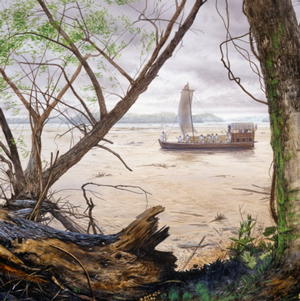

Clark and most of the men leave winter camp at the River Dubois and begin their journey up the Missouri. Several enlisted men begin their journals while in St. Louis, Lewis makes final preparations.
Notes
Experience the Lewis and Clark Trail
The Lewis and Clark Trail Experience—our sister site at lewisandclark.travel—connects the world to people and places on the Lewis and Clark Trail.
Discover More
- The Lewis and Clark Expedition: Day by Day by Gary E. Moulton (University of Nebraska Press, 2018). The story in prose, 14 May 1804–23 September 1806.
- The Lewis and Clark Journals: An American Epic of Discovery (abridged) by Gary E. Moulton (University of Nebraska Press, 2003). Selected journal excerpts, 14 May 1804–23 September 1806.
- The Lewis and Clark Journals. by Gary E. Moulton (University of Nebraska Press, 1983–2001). The complete story in 13 volumes.

